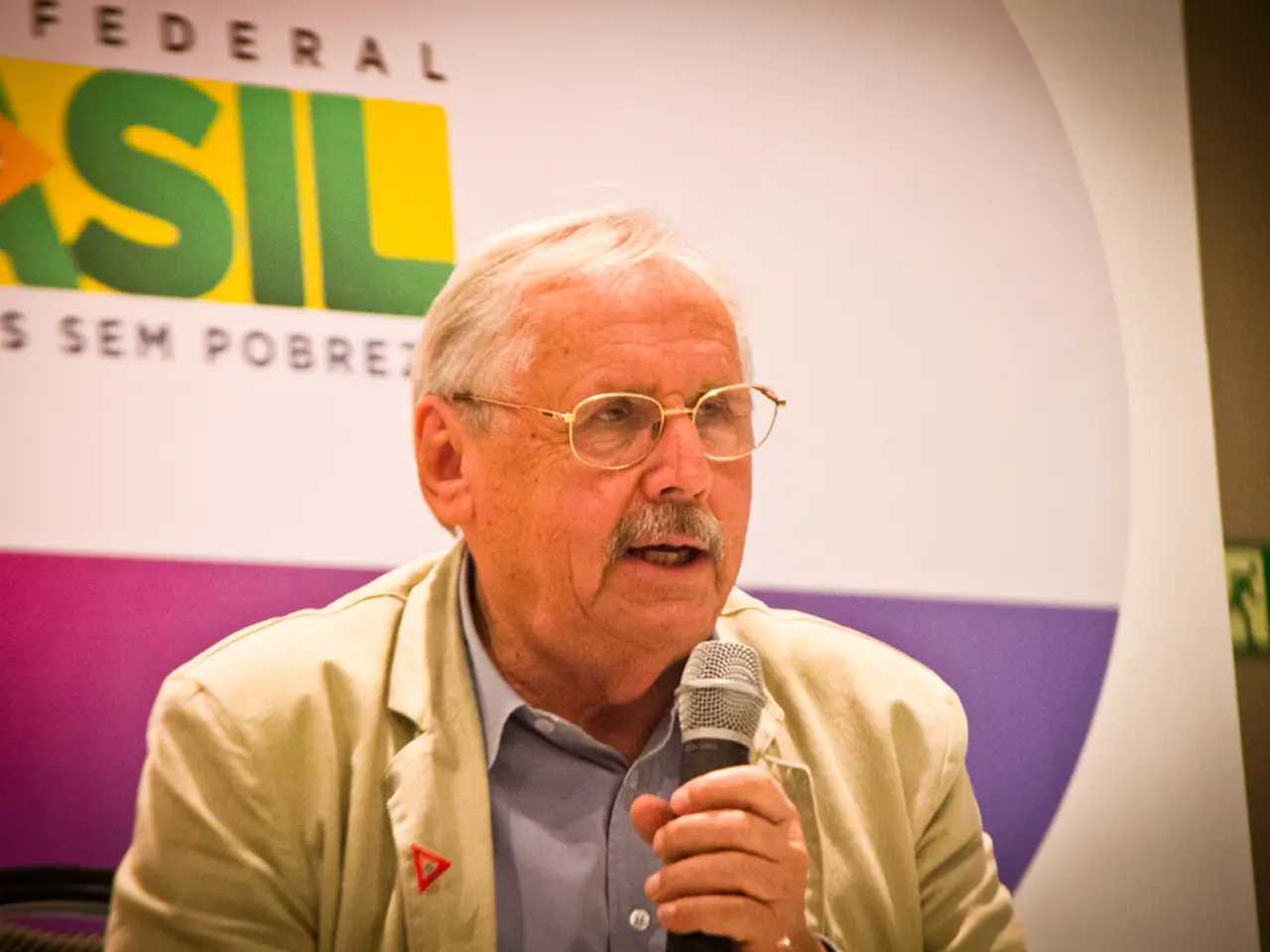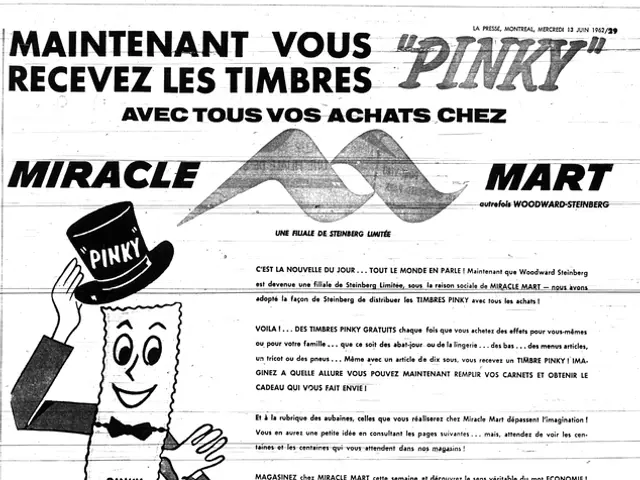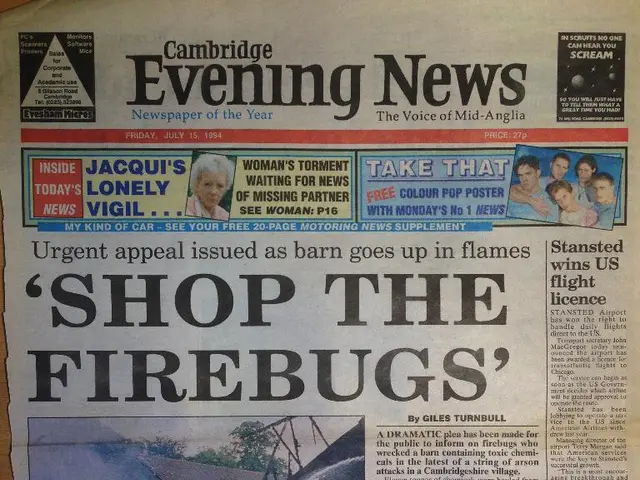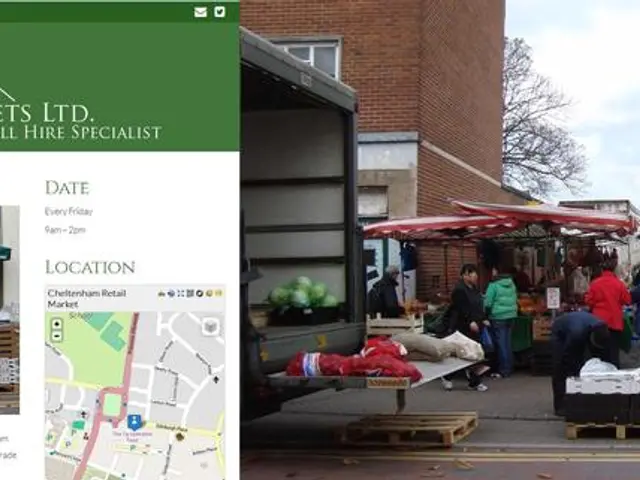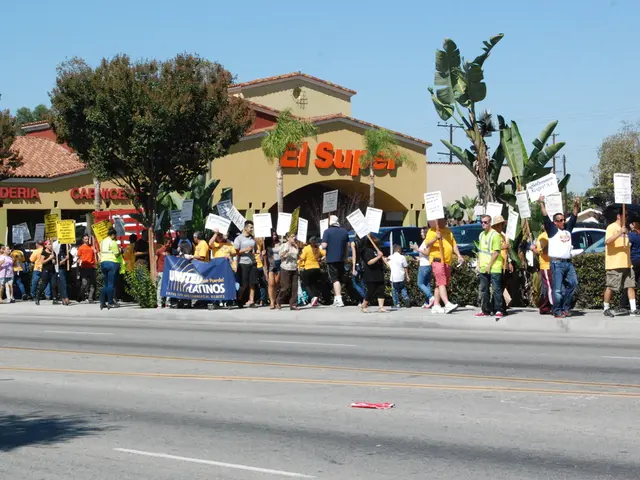Fred Rogers' testimony to Congress in 1969 resonates just as powerfully today
In a move that has sparked controversy and opposition, Congressional Republicans have approved a $1.1 billion funding cut for the Corporation for Public Broadcasting (CPB), a decision that could have far-reaching implications for local public media stations across the United States [1][2][3].
The CPB, which supports NPR, PBS, and numerous local public radio and TV stations, is a vital resource for many rural and tribal communities that lack commercial viability and large donor bases [1]. This federal funding cut, approved by both the House and Senate, has left these stations facing dire financial strains, with fears that eliminating federal support could turn some communities into "news deserts" lacking local news coverage [1][2][3].
Some Republican senators have expressed concern about this outcome and attempted to modify the bill to maintain support for local stations, but efforts to protect funding for local stations while cutting national NPR/PBS operations failed in the Senate [1][3]. Public broadcasters emphasize that their services focus on local news, emergency alerts, cultural programming, and community information, not partisan content [3].
For instance, during a recent debate over funding cuts, local stations in Alaska broadcast tsunami alerts following a 7.3-magnitude earthquake [4]. White House press secretary Karoline Leavitt, however, dismissed concerns about emergency broadcasting by stating, "I am not sure how NPR helps the public safety of our country" [5].
The funding cuts could significantly shrink the reach and quality of public broadcasting, disproportionately affecting small-town and rural regions that rely heavily on these services for local journalism and emergency information [2][3]. In response, public media organizations plan to mobilize grassroots opposition ahead of the 2026 midterm elections, aiming to hold Republican lawmakers accountable for these cuts and potentially reverse or soften the financial constraints [3].
The debate over funding also highlights broader partisan divides over media trust and the political framing of public broadcasting’s role in informing the public [1][2]. The author of this piece believes that this decision will have lasting effects, potentially affecting future generations.
The author encourages Republicans to listen to the millions of Americans who value public broadcasting, many of whom have voiced their opposition to the funding cuts [6]. The CPB distributes more than two-thirds of its funding to local public television and radio stations, many of which serve rural communities [7].
In 1969, Fred Rogers, the host of "Mister Rogers' Neighborhood," defended the CPB from proposed funding cuts before the Senate Subcommittee on Communications [8]. The author urges the American people to remember who made the choice to cut funding for the CPB and make their own choices during election season.
The shrinking of local newspapers at a rate of two per week represents yet another blow to already shrinking sources of trustworthy information [9]. Sen. Lisa Murkowski of Alaska has opposed the funding cuts, stating that NPR delivers local news, weather updates, and emergency alerts that save lives [10].
The author compares the actions of Donald Trump, who did not negotiate or compromise with Congressional Republicans to prevent funding cuts to the CPB, instead threatening to endorse primary opponents [11], to those of Fred Rogers. The choice between the two, the author suggests, is significant for the next generation.
References: [1] https://www.nytimes.com/2021/12/09/arts/television/pbs-npr-funding-cuts.html [2] https://www.npr.org/2021/12/09/1066167388/congress-republicans-vote-to-cut-funding-for-public-broadcasting [3] https://www.cnn.com/2021/12/09/politics/public-broadcasting-funding-cuts/index.html [4] https://www.alaskapublic.org/2021/12/08/earthquake-prompts-tsunami-warnings-for-southeast-alaska/ [5] https://www.cnn.com/2021/12/09/politics/white-house-press-briefing-december-9-2021/index.html [6] https://www.npr.org/2021/12/09/1066167388/congress-republicans-vote-to-cut-funding-for-public-broadcasting [7] https://www.cnn.com/2021/12/09/politics/public-broadcasting-funding-cuts/index.html [8] https://www.pbs.org/misterrogers/neighborhoodarchive/episodes/1209/Fred-Rogers-Defends-Public-Television-Before-Senate-Subcommittee-1969 [9] https://www.nytimes.com/2021/12/09/us/politics/local-newspapers-shrinking.html [10] https://www.alaskapublic.org/2021/12/08/earthquake-prompts-tsunami-warnings-for-southeast-alaska/ [11] https://www.npr.org/2021/12/09/1066167388/congress-republicans-vote-to-cut-funding-for-public-broadcasting
- The funding cuts could impact the delivery of local weather updates and emergency alerts, as many rural communities rely on public broadcasting for such essential information.
- The debate over public broadcasting funding stretches beyond just the quality of journalism, encompassing education and self-development through programming such as "Mister Rogers' Neighborhood."
- As the futureof local news coverage hangs in the balance, the opposition to the funding cuts has spread beyond just public broadcasters, aligning with the general news movement advocating for trustworthy sources of information.
